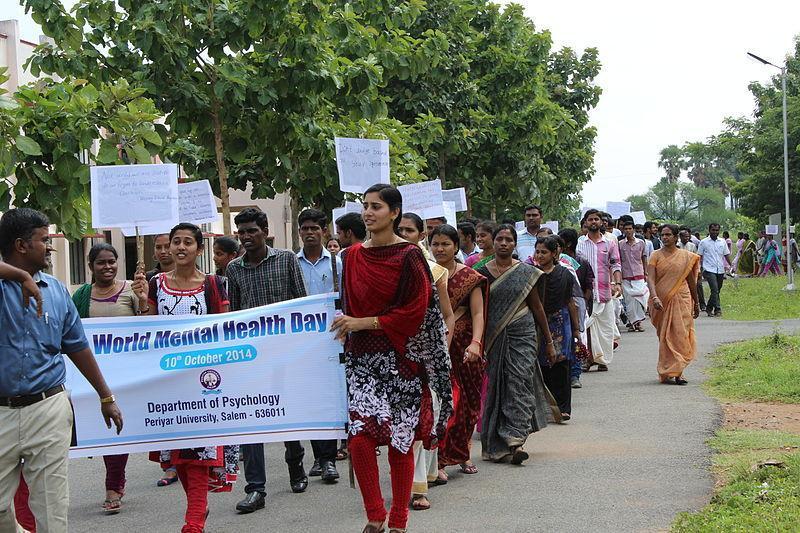It seems as though depression and anxiety are now part of the mainstream. Though a stigma surrounds all mental illnesses, these two disorders have become more accepted in our society when compared with others.
However, while depression and anxiety now get more attention and care, many disorders are as ignored as ever. Disorders that are considered ugly or that cannot be romanticized are left out of the narrative of experiences with mental illness.
In reality, no disorder is pretty, but it is harder to glamorize mental illnesses that negatively affect someone’s behavior or appearance. Personality disorders and impulse control disorders are two types of mental illnesses that are understated, ignored and “ugly.”
Personality disorders are made up of three different groups or “clusters.” Cluster A is defined as odd and eccentric, cluster B is defined as dramatic and erratic and cluster C is defined as anxious and fearful.
One illness that falls under cluster A is schizotypal personality disorder. People with schizotypal PD often fear social interaction, view other people as harmful and think in ways similar to those with schizophrenia.
Cluster B includes borderline personality disorder. People with BPD commonly lack a strong sense of self, which makes them experience feelings of emptiness and fears of abandonment.
Dependent personality disorder falls under cluster C. People with dependent PD lack self-confidence and feel an excessive need to be looked after, causing them to go to great lengths to keep their relationships intact.
It is harder for those with personality disorders to have stable and healthy relationships because their mental illness can make them uncomfortable to be around. The stigma surrounding those with these kinds of disorders makes it harder for them to have a positive view of themselves or obtain what they often crave most: friendship and love.
Personality disorders may make a person’s behavior “ugly,” but some impulse control disorders affect people’s bodies. People with body-focused repetitive behaviors, or BFRBs, compulsively damage their physical appearance.
Some of the most common BFRBs are hair pulling, known as trichotillomania, and skin picking, known as excoriation disorder. These disorders do not mean the occasional tug of the hair or pop of a pimple, but rather time-consuming behaviors that can leave a person bald or scarred.
Trichotillomania sufferers pull hair from their scalp, eyebrows, eyelashes or other places on their bodies. Pulling hair from the scalp or face is the most common, and having little to no hair in those places can make the person look different from others.
Excoriation disorder sufferers pick skin from their face, arms, legs or any other part of their bodies. Picking a certain area of skin can make it look abnormal in comparison to the skin around it, and the picked skin makes the person look different from others just like trichotillomania.
Trichotillomania and excoriation disorder ruin extremely commoditized parts of a person’s body. Having the illness often lowers the person’s self-esteem and other aspects of their mental health. Though people don’t usually think about the relationship between mental illness and a person’s outward appearance, the two are closely linked for those with BFRBs.
It might be easy to make an aesthetically pleasing post on Tumblr about mental illnesses like depression and anxiety, but it is hard to turn more stigmatized disorders into something that people consider to be beautiful. We need to do a better job of educating people about lesser known disorders so people living with them do not have to feel like they are suffering alone.
Personality disorders and impulse control disorders are only two types of mental illnesses that people do not talk about enough. More than 42 million American adults suffer from some kind of mental illness, and it is time we talk about it on a broader, more inclusive platform.
Lynne Bunch is an 18-year-old mass communication freshman from Terrytown, Louisiana.
Opinion: Some mental illnesses still overlooked, stigmatized
By Lynne Bunch
November 13, 2016
Mental Health awareness rally passes on Oct. 10, 2014 at Periyar University in Salem, Indiana.





